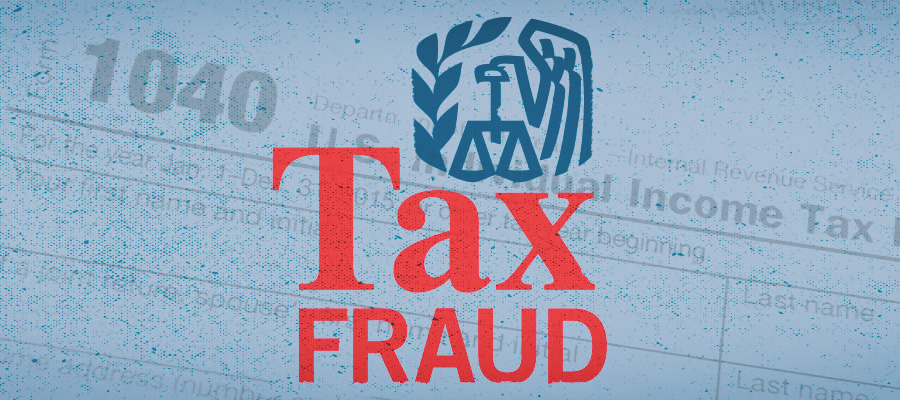The end of the 2019 tax year marks the beginning of the 2020 tax fraud season. Scammers are endlessly inventive, so you may not know about 3 kinds of government impersonation scams that have already been reported. Read on to learn how to protect yourself.
Cancelled social security number
If you are ever contacted by someone claiming to be an IRS or other government agent telling you that your Social Security Number has been suspended due to fraud or criminal activity, please be advised that person is an impersonator. The premise of the call, that your SSN has been suspended, is false. According to the Federal Trade Commission (FTC), your SSN will never be suspended. If you are contacted by an impersonator, report them to the FTC.
IRS impersonation
The IRS will never send you unsolicited email. If you receive an unsolicited email claimed to be from the IRS, it is likely another impersonation scam. Please report such emails to phishing@irs.gov. Don’t click links or open files in such emails as they may be malicious.
The IRS will also never:
- Contact you about your tax return or refund personally via text messages or social media
- Ask you for personal information, such as your SSN, PINs or passwords.
The “Bureau of Tax Enforcement”
You probably know that the IRS will never telephone or email you asking for money. Scammers know this too, which is why they send letters from the legitimate seeming but entirely fictional “Bureau of Tax Enforcement” demanding payment. You should never ignore mail from the IRS, but you should make sure that it is real. Here’s how to spot a fraudulent IRS letter.
Bonus tax fraud tip: Watch out for fraudulent tax filings
The IRS warns that “Tax-related identity theft occurs when someone uses your stolen personal information, including your Social Security number, to file a tax return claiming a fraudulent refund.” See their “Tax payer guide to identity theft” for more information.
